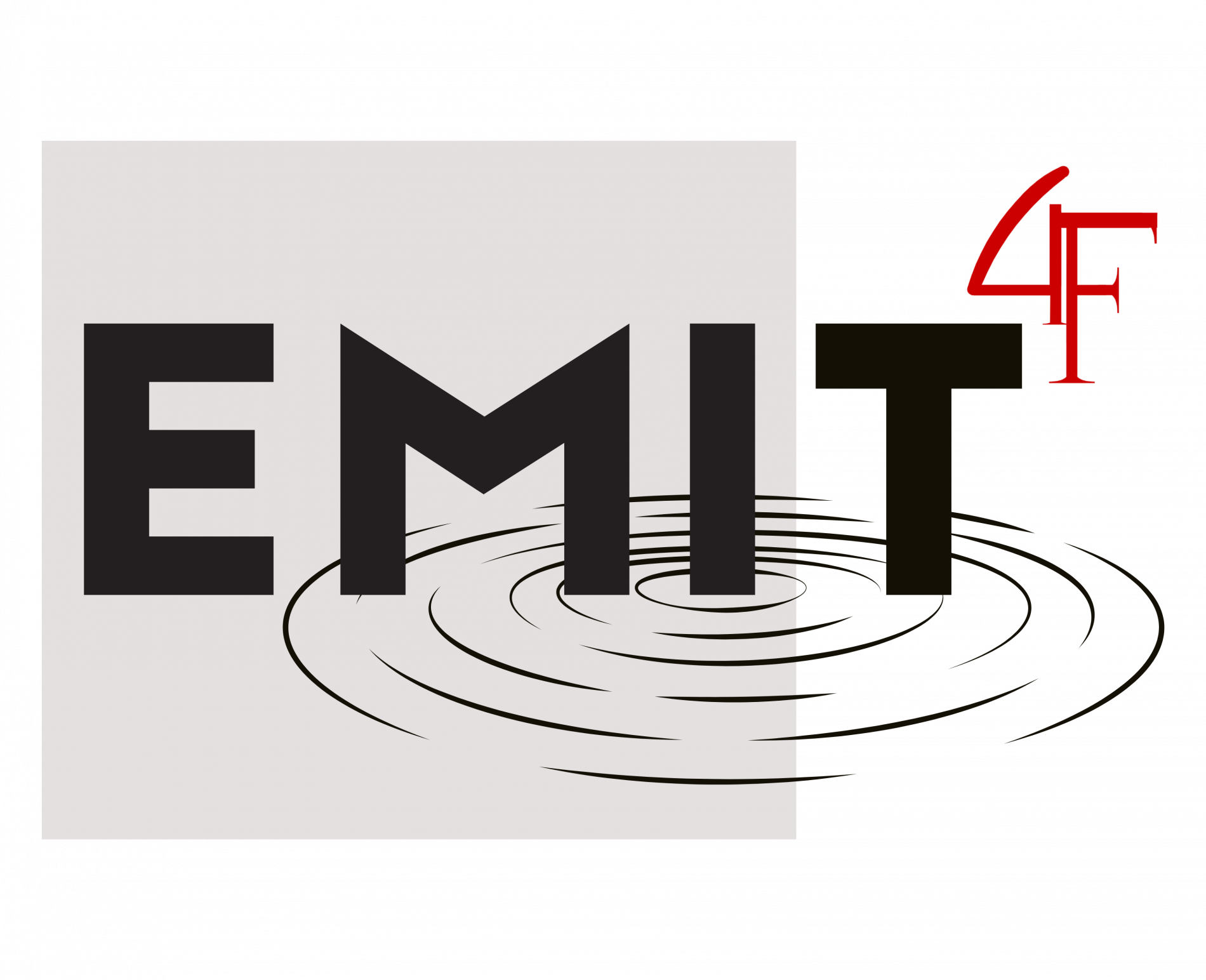EMIT4F
An Online Modular Evidence-Based Training Programme for Faculty Members in English-Medium Universities

EMIT4F is a self-paced, modular, and customizable training program that blends the needs of EMI students and faculty, based on findings from a large dataset housed by the METU-EMI Network: classroom interaction video recordings from EMIC, faculty stimulated recall interviews, student surveys and interviews.
Our training framework consists of 7 modules designed to promote more effective in-class practices in EMI contexts and to provide concrete solutions to challenges faced by faculty during instruction. Each module includes both theoretical and practical elements related to different dimensions of EMI practices. The training MOOC will be made available via ODTU OpenCourseWare in July, 2025.
Module 1: Introduction to English Medium Instructional (EMI) Contexts
This module provides a comprehensive introduction to the aspects that make EMI EMI through an overview of EMI policies and practices in mono- and multi-cultural contexts, highlighting global and local implementations. Transferable research findings related to EMI practices are shared, and the roles and responsibilities of faculty, along with the needs of students, that are brought about by the adoption of EMI are thoroughly discussed. Faculty members will have the opportunity to enhance their pedagogical awareness by examining the opportunities and challenges of EMI through real classroom examples and experience sharing.
Module 2: Planning EMI Courses and Selecting Materials
This module addresses the design processes of EMI courses in detail. Faculty members will explore how to gather information on students' language and content-related needs, develop strategies for setting department-specific goals, and create an internationalized curriculum. It will also demonstrate how instructional materials can be diversified, ranging from printed materials to digital resources. Faculty will be expected to learn how to create student-centered interactive environments using digital platforms.
Module 3: Implementing EMI Courses and Enhancing Learnability
This module will cover how to implement effective communication and interaction strategies in EMI classrooms. Focusing on techniques such as simplifying content, storytelling, exemplification, and intercultural awareness, the module aims to develop instructors' pedagogical skills. It will also present techniques for providing linguistic support to students, such as translanguaging, and offer various methods to encourage student participation. The module provides solutions for how faculty can actively engage students with different profiles and includes practical suggestions to support both teaching and student motivation.
Module 4: Developing Teacher Talk in EMI Contexts
Focusing on the linguistic and communicative skills faculty members need to teach effectively in the EMI context, this module will cover different stages of teacher talk (e.g., opening, development, and closing of a lesson) in detail. The project team will explore both theoretical and practical aspects of verbal and non-verbal communication elements (e.g., intonation, emphasis, and pausing), and develop strategies for instructors to use these skills effectively in the classroom. Additionally, the module aims to provide a comprehensive learning experience by focusing on discourse features such as explaining concepts, extending student responses, and providing feedback, thereby supporting effective instructor-student communication.
Module 5: The Use of Gestures and Multimodal Resources
Emphasizing the role of gestures and other multimodal resources in EMI teaching, this module aims to contribute further to the development of effective teaching strategies. The module will detail the critical role of gestures in explaining concepts, sequencing information, and increasing student engagement, using examples from the EMIC data set. It will also emphasize the importance of using gestures in a culturally sensitive way, aiming to raise instructors' awareness of gesture use across diverse cultural contexts. Furthermore, this module aims to equip instructors with practical skills for using gestures and other multimodal tools more effectively to enhance student comprehension and participation.
Module 6: Assessment and Feedback in the EMI Context
In this module, the project team outlines the student assessment processes in EMI courses comprehensively. Faculty are introduced to fair and effective assessment strategies aligned with task-based assessment, development of assessment criteria, and technology-supported assessment tools. The module also includes peer observation and feedback processes to help instructors evaluate their own teaching practices, supporting their ongoing professional development. These processes are structured to allow instructors to systematically review both student performance and their own instructional practices.
Module 7: Reflection and Self-Evaluation
This module encourages faculty members to engage in structured reflection and self-evaluation as a continuous part of their professional growth within the EMI context. Faculty will explore reflective practices that help them critically assess their teaching strategies, classroom interactions, and student engagement. The module introduces simple yet effective tools—such as teaching journals, peer dialogue, and self-assessment checklists—to support instructors in identifying strengths, areas for development, and ways to adapt their practices to diverse EMI classroom needs. The ultimate aim is to cultivate a mindset of lifelong learning and pedagogical awareness.
The customized training model, composed of the 7 modules detailed above, reinterprets our EMI framework by integrating theory and practice, offering an innovative and locally applicable approach. The model aims to enhance the quality of EMI practices by developing instructors' pedagogical and professional competencies.
In addition to the members of the METU-EMI Network, the EMIT4F project team members who worked on the development of the modules: Sezin Sevimli, İsmail Berkand Gök, Betül Demirezen.
